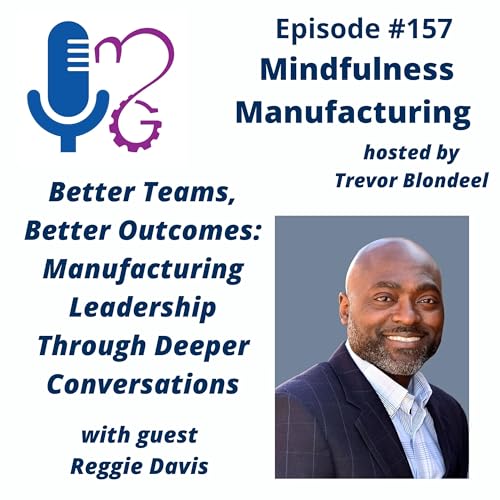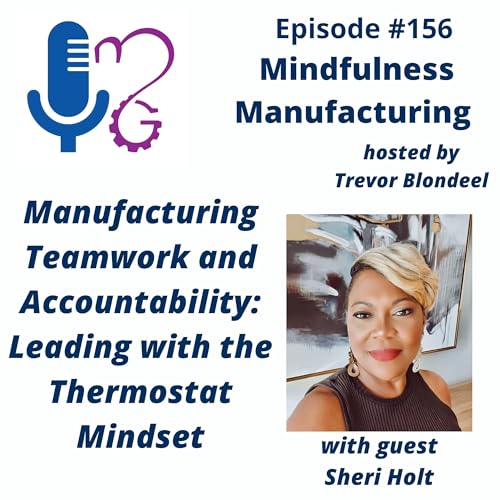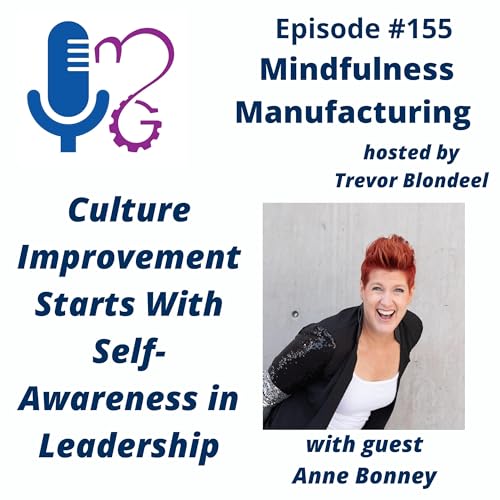How do you turn a one-machine operation into a thriving business?
Find out in this episode with Ken Handsaeme, founder of On Time Precision. Ken's unique journey started as a machinist, but when he decided he wanted a better retirement plan, he started his own business, which he first operated out of a barn with a single machine. It eventually grew into a thriving manufacturing company serving military, aerospace, and medical customers—and helped Ken fulfil his successful retirement dreams.
In this episode, Ken shares the lessons he learned throughout his career, ranging from the importance of intentional leadership, the root causes of common operational problems, and how curiosity-driven conversations and trust-building behaviors drive retention, accountability, and long-term performance. He also shares stories from his own career, giving a practical look at what it really takes to build a manufacturing business that can grow, endure, and succeed beyond the owner.
02:00 – Operational challenges on the shop floor often signal leadership and communication gaps rather than process problems alone
04:15 – Shifting from working in the business to working on the business enables leaders to focus on production leadership and long-term operational excellence.
05:30 - Protected time for quoting is essential to production flow, customer trust, and employee stability
06:45 – Connecting the top to the shop creates shared accountability
08:55 – To accelerate growth, leaders must balance hiring, retention, and capacity planning in manufacturing plants.
10:10 - Structured one-on-one conversations are a powerful tool for supervisor development and deeper team engagement in manufacturing.
11:30 - Curiosity-driven leadership conversations outperform traditional performance reviews in building trust and accountability.
14:00 – To reinforce trust, respect, and leadership credibility, prioritize employee conversations like customer meetings
16:40 –Involving operators in problem-solving and process improvement builds ownership and continuous improvement culture.
17:55 – Have transparent discussions on transparency in manufacturing management, including sharing expectations without overwhelming teams with financial complexity.
20:30 – Self-awareness, vulnerability, and trust in leadership are foundational skills in modern manufacturing environments.
21:50 - Consistent leadership behaviors create workplace culture that supports retention and manufacturing excellence.
23:10 – To prepare for succession, you need to build systems, people, and leadership beyond the owner.
Connect with Ken Handsaeme
Connect on Instagram: @kenhandsaeme
 24 m
24 m 24 m
24 m 33 m
33 m Dec 24 202528 m
Dec 24 202528 m Dec 10 202529 m
Dec 10 202529 m Nov 26 202524 m
Nov 26 202524 m Nov 12 202528 m
Nov 12 202528 m 22 m
22 m
